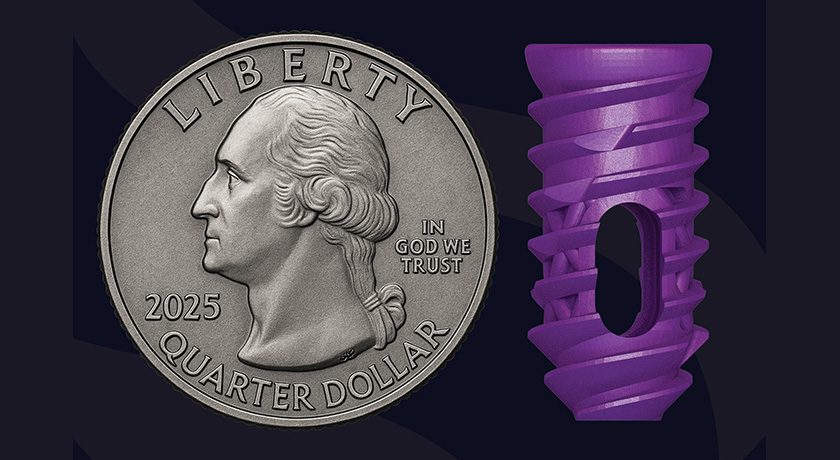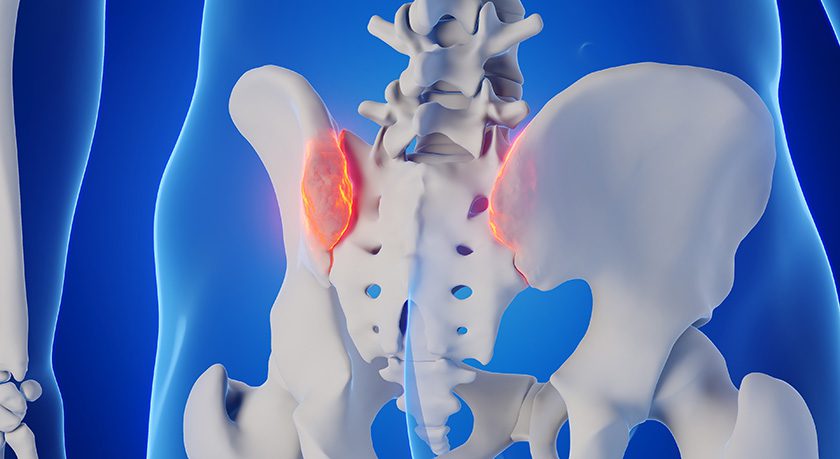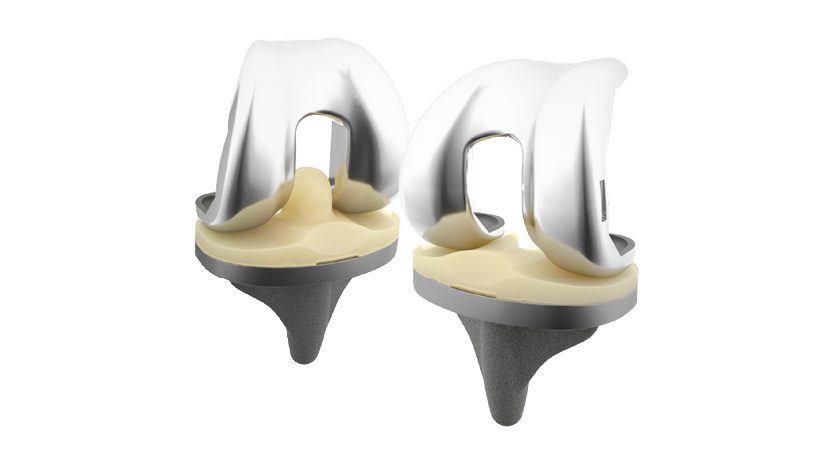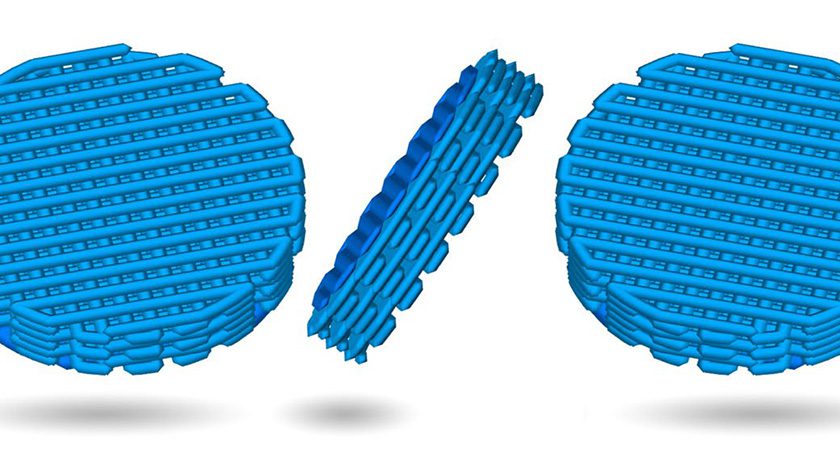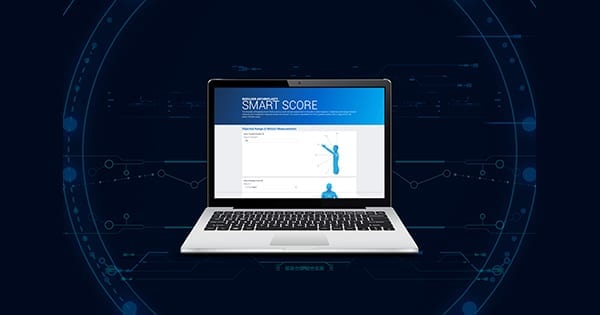

 Copy to clipboard
Copy to clipboard 
Exactech announced the first orthopedic clinical outcomes measure based on machine learning. The Shoulder Arthroplasty Smart (SAS) or “Smart” Score quantifies clinical outcomes for shoulder replacement so surgeons can determine how well patients are doing before and after surgery.
Smart Score offers an efficient means of measuring patient outcomes by requiring only half the inputs of other scores. With six patient-specific inputs, determined through machine learning research to be the most significant assessments of post-op outcomes, the Smart Score (ranging from 0 to 100) is determined for each patient. Smart Score will be used as part of Exactech’s new Predict+™ clinical decision support tool that uses machine learning to provide predictions of individual patient outcomes after shoulder replacement.
Chris Roche, Vice President of Extremities, said, “Three of the most common tools to quantify clinical outcomes in the shoulder are the ASES, Constant and UCLA scores. These tools were developed 30 years ago and have changed little since that time despite significant advances in treatment and data science. New machine learning-based analyses provide an opportunity to evaluate the predictive validity of these historical tools. In fact, our research identified the preoperative input questions that are predictive of clinical outcomes, and those that aren’t predictive. We also found that the majority of the inputs composing these three historical clinical tools were of low predictive validity, suggesting the need for an altogether new tool like the Smart Score, with preoperative inputs that are more correlated to post-operative outcomes after shoulder surgery.”
Exactech announced the first orthopedic clinical outcomes measure based on machine learning. The Shoulder Arthroplasty Smart (SAS) or “Smart” Score quantifies clinical outcomes for shoulder replacement so surgeons can determine how well patients are doing before and after surgery.
Smart Score offers an efficient means of measuring patient...
Exactech announced the first orthopedic clinical outcomes measure based on machine learning. The Shoulder Arthroplasty Smart (SAS) or “Smart” Score quantifies clinical outcomes for shoulder replacement so surgeons can determine how well patients are doing before and after surgery.
Smart Score offers an efficient means of measuring patient outcomes by requiring only half the inputs of other scores. With six patient-specific inputs, determined through machine learning research to be the most significant assessments of post-op outcomes, the Smart Score (ranging from 0 to 100) is determined for each patient. Smart Score will be used as part of Exactech’s new Predict+™ clinical decision support tool that uses machine learning to provide predictions of individual patient outcomes after shoulder replacement.
Chris Roche, Vice President of Extremities, said, “Three of the most common tools to quantify clinical outcomes in the shoulder are the ASES, Constant and UCLA scores. These tools were developed 30 years ago and have changed little since that time despite significant advances in treatment and data science. New machine learning-based analyses provide an opportunity to evaluate the predictive validity of these historical tools. In fact, our research identified the preoperative input questions that are predictive of clinical outcomes, and those that aren’t predictive. We also found that the majority of the inputs composing these three historical clinical tools were of low predictive validity, suggesting the need for an altogether new tool like the Smart Score, with preoperative inputs that are more correlated to post-operative outcomes after shoulder surgery.”

You are out of free articles for this month
Subscribe as a Guest for $0 and unlock a total of 5 articles per month.
You are out of five articles for this month
Subscribe as an Executive Member for access to unlimited articles, THE ORTHOPAEDIC INDUSTRY ANNUAL REPORT and more.
JV
Julie Vetalice is ORTHOWORLD's Editorial Assistant. She has covered the orthopedic industry for over 20 years, having joined the company in 1999.


